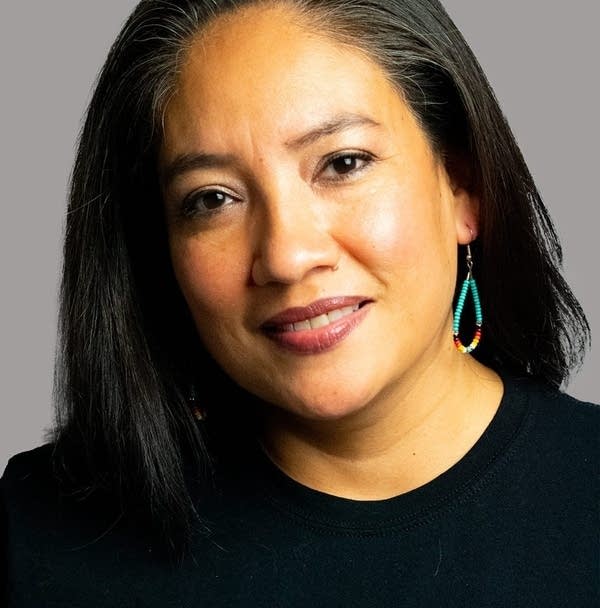ARTICLE AD BOX
Minnesota’s Missing and Murdered Indigenous Relatives office has a new leader.

Guadalupe Lopez, who is a member of the Leech Lake Band of Ojibwe, took over the office in July. The MMIR office was established in 2021 and seeks to address the disproportionate number of Indigenous people who go missing or are murdered.
Lopez said the role is a “natural fit” because of her extensive background in work on gender-based violence and she has a deep personal connection to the issue.
“I personally had people lose their life to violence and I have blood relatives that are on some of those posters that we share,” she said. “So, that is why I do this, is to be the voice where we need to make change and to do so in collaboration with our tribal leaders, our legislators and our community leaders.”
Click the audio player above to hear the conversation with Lopez. The transcript below has been lightly edited for clarity and length.
You’ve had a long career in advocacy. What brought you to this role in particular?
I’ve pretty much dedicated my life to gender-based violence. I was a part of the Garden of Truth, where we interviewed survivors and relatives around sex trafficking and prostitution.
I’ve done domestic violence, sexual violence work and within that, there was always the intersections of missing and murdered.
And before I came to the MMIR state office, I worked for Violence Free Minnesota, which documents closely the homicides due to domestic violence for the state of Minnesota. So, it just really felt like a natural fit. I also really love working with and for my community, and I'm just happy to be able to have that opportunity again.
This role is really near and dear to my heart. I personally had people lose their life to violence and I have blood relatives that are on some of those posters that we share. So, that is why I do this, is to be the voice where we need to make change and to do so in collaboration with our tribal leaders, our legislators and our community leaders.
You’ve only been on the job for a month, but what's at the top of your list in terms of priorities right now?
Top of my priorities is to continue to work with the families that this office has established relationships with and to move forward in the way of building collaboration with our advisory council and our system partners.
This office has had three years-worth of working with and building relationships with — and I want to continue that work and then also strengthen building pathways and strong relationships for the families and communities that are impacted by missing and murdered.
What are some of the longer-term priorities you’d like to set for the office?
This office actually just conducted a strategic plan. So, we are sitting with the team and we are going to be working on that and developing pathways of how to get that work done with all the mandates that were presented for this office.
Is there any message that you’d want to send to the families that you'll be working with closely?
Well, I just want to say we will continue to be a support to the families that we’re currently working with.
I also would like to say a notice for the general public that there is no [24-hour] waiting period to file a missing person’s report. Brandon's Law was put into effect, and there’s been statistics and research done on that short window of when somebody is missing of harm being caused within the first 48 hours.
So, that window is very, very small — and so, just please call. Make a police report.






 English (US) ·
English (US) ·